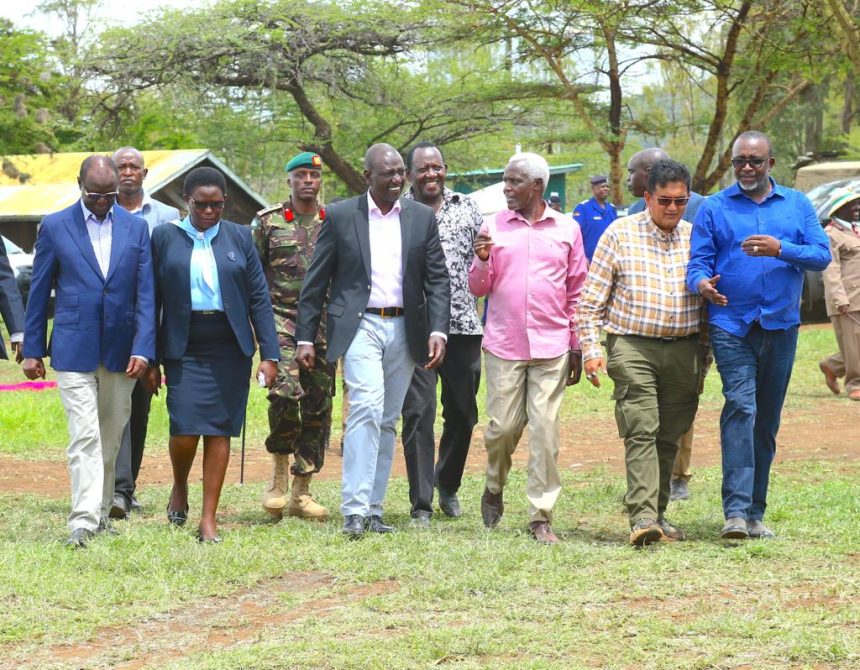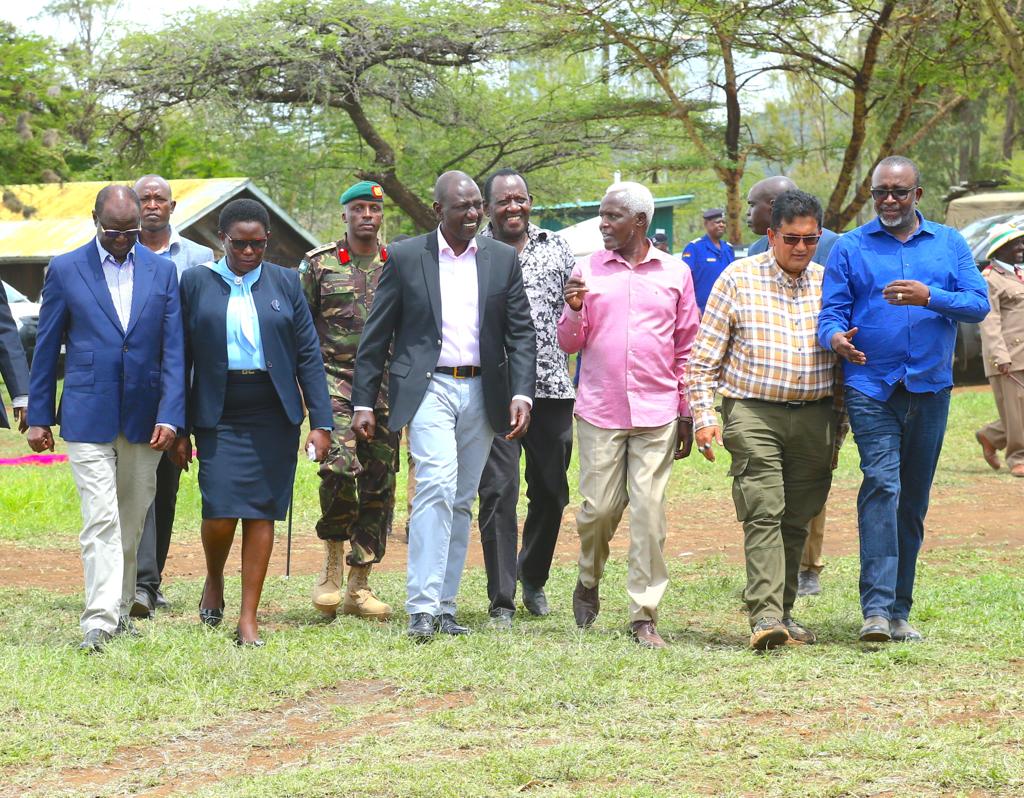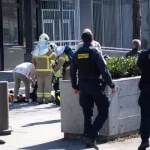President William Ruto has announced plans to double funds allocated to tertiary institutions.He said the move will help these institutions to improve the quality of education.
Ruto made the remarks on Saturday in Laare, Meru County, during the launch of the tarmacking of the Kaelo-Kamukunji-Mutuati Road
The President said the road will be completed by December this year.
At the same time, the President said the Government is committed to increasing farmers’ earnings and creating economic opportunities for all Kenyans.
He said the Government had put in place a new regulation reducing Miraa levies to boost earnings.
“Now that we have removed those levies and fees, the Miraa business will thrive,” he said.
The President said the new regulation has also unlocked a market in Somali for the product following negotiation with the Government.
Present were Agriculture Cabinet Secretary Mithika Linturi, Meru Governor Bishop Kawira Mwangaza, and MPs led by Majority Leader Kimani Ichungw’ah.
Later in Buuri Constituency, the President commissioned the Kiirua Buuri Irrigation Development Project that will benefit more than 5,000 farmers in the area.
“It will improve food and nutrition security besides enhancing farm income to Sh400 Million a year,” he said.
The President explained that the Government was committed to shifting from agriculture that is dependent on rains to irrigation-fed.
“We must make our agriculture commercial and sustainable so that we can break the poverty cycle that is associated with farming.”
Meanwhile, President Ruto said he will not take part in any exercise meant to further the interest of politicians.
He argued that it was not fair for leaders to continue pushing for their interests — six months after the elections — at the expense of the people.
Governor Mwangaza said she will keep working with the National Government to transform the lives of the people of Meru.
“We will not put cooking pots on our heads and participate in protests,” she said.
Mr Ichungw’ah said MPs have heeded the President’s directive to engage in dialogue within the confines of the law.




